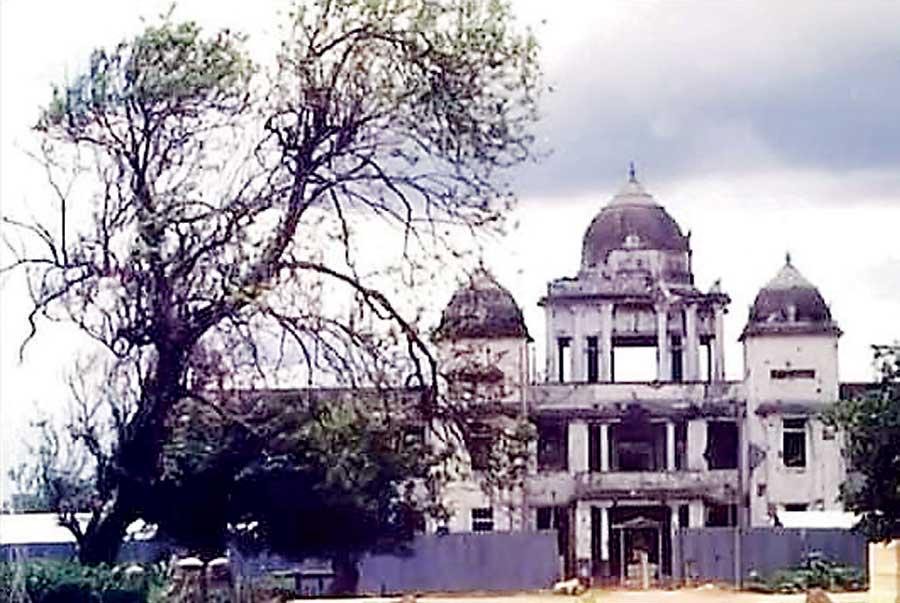Hyder Ali – Paris France
On the night of May 31, 1981, the sky over Jaffna turned orange as flames devoured the Jaffna Public Library—not just a building, but the living heart of Tamil civilization. Sinhalese policemen and government-backed mobs, fueled by hate, poured gasoline onto shelves holding 97,000 books, including the only copy of the Yalpana Vaipavamalai, a 300-year-old chronicle of Tamil history. The air reeked of burning palm leaves and sandalwood boxes, their ashes floating like ghosts over a city in shock.
From its humble beginnings as a scholar’s private collection, the library had grown into a sanctuary of Tamil identity. Generations had marveled at ancient medical scrolls, traced miniature Ramayana epics, and whispered over brittle palm-leaf texts. By dawn, it was a carcass of blackened stone, its dome cracked open like a wound.

“They didn’t burn paper—they burned our dreams,” whispered Nadarajah Raviraj, the Jaffna Parliament member later assassinated for defending his people’s memory.
Two UNP ministers, Cyril Mathew and Gamini Dissanayake, watched from the Jaffna Rest House veranda, sipping tea as the fire roared. They called it an “unfortunate incident,” blaming drunk policemen. But survivors saw the truth: officers laughing as they tossed manuscripts into bonfires, erasing centuries of Tamil poetry, land deeds, and resistance in a single night. This was no accident. It was a message: “You have no past. You deserve no future.” .
The flames ignited more than books. They lit a war. Tamil youths who once studied under the library’s arches now joined the armed groups
, their despair hardening into bullets. By 1983, Sri Lanka was drowning in blood—200,000 dead, mass graves unmarked, families vanished. The library’s ashes were the first embers of a genocide.
Today, the rebuilt library stands as a hollow monument. Its shelves are empty, its soul incinerated. Only the statue of Saraswati, goddess of wisdom, remains, her stone eyes fixed on the void where knowledge once thrived. The scars of that night still bleed—not just in Jaffna, but in every Tamil heart exiled by violence.



